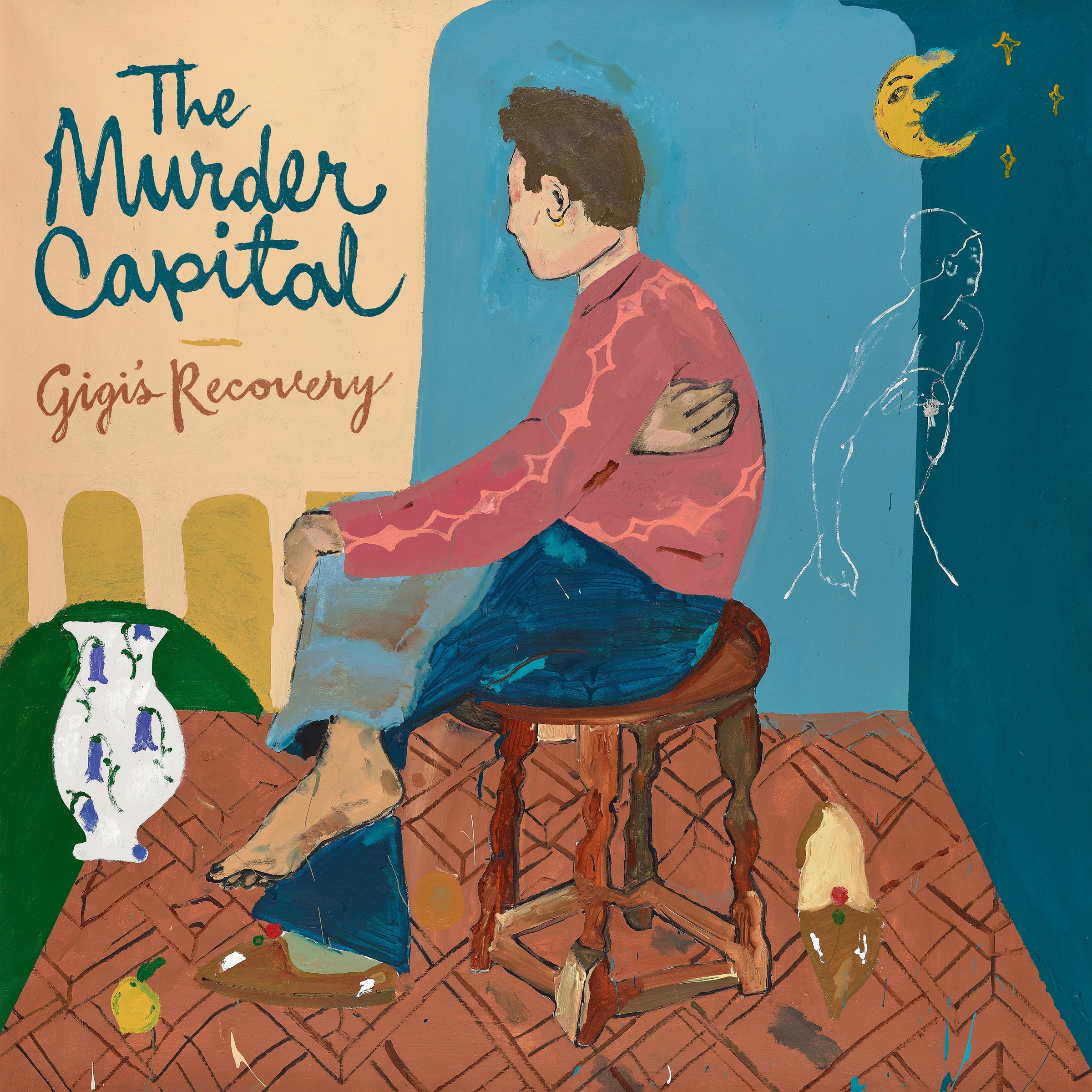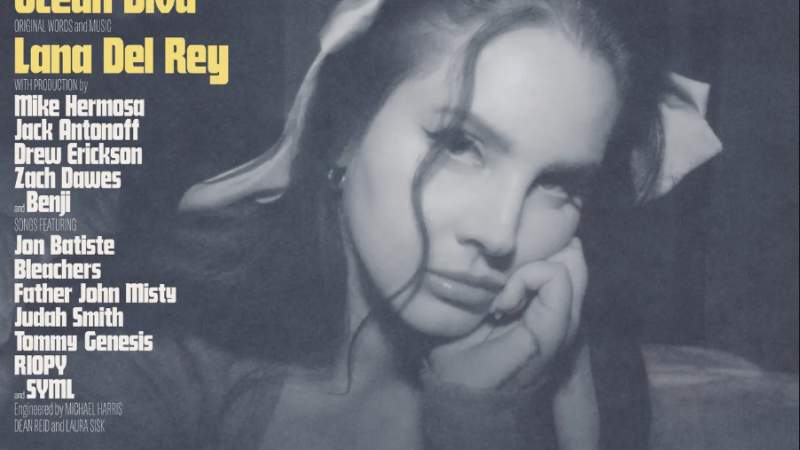Despite a fresh new sound for The Murder Capital, ‘Gigi’s Recovery’ comes up empty.

6.0
Credit: Human Season
Gigi’s Recovery is missing a grit and punch that has previously made the band an astonishing force.
Something has got lost along the way in the three and a half years since we last heard from The Murder Capital. The Dublin post-punkers left such a profound impact on me with their 2019 debut that I’ve perhaps let expectations get the better of me. But on repeat listens, I can’t reconcile a bigger issue with Gigi’s Recovery: I don’t know what it wants me to feel.
I had hoped to be waxing lyrical about how moved I was by the second album from a band who I’ve dropped into more conversations than I can remember. Countless recommendations given to countless people in countless pubs and smoking areas. The five piece made it clear that this second era of theirs would be different: their outfits are more colourful; the album artwork is more cottony than When I Have Fears’s stark outlay; their sound is altogether refreshed, lighter, more finespun than their tougher, rawer debut. What all of it doesn’t quite achieve, however, is a tenacity.
“‘Belonging’ arrives in the middle of the album with an uncomfortable shuffle, unsure how dark it wants to be and packing synths it doesn’t quite know what to do with.”
I don’t demand that artists tell me exactly what they’re thinking and feeling through their music. But if there is something to decipher with Gigi’s Recovery, I’m at a loss at how to do it. Songs come and go leaving little impression, certainly written with interesting inflections and instrumentations that grab your attention, but seemingly without reason to stick around. When they want to be sadder, it ends up bordering on awkward – ‘Belonging’ arrives in the middle of the album with an uncomfortable shuffle, unsure how dark it wants to be and packing synths it doesn’t quite know what to do with.
It’s clear that lead singer James McGovern wants to let you in; his delivery is as earnest as ever, and there’s no denying that he runs his feelings through his words. But little reason is given for the listener to imbue some emotionality in return. The urge to feel some adrenaline, some excitement every time a track gets going is more often than not left unanswered. At its weakest, parts of the record come across clunky; on ‘Ethel’, the lyrics simply don’t gel with the rest of the song.
Worse than all of that, however, there are some detrimental mixing issues across the runtime. The vocals feel clouded out by other instruments on ‘Crying’, lessening their punch. Meanwhile, the drums on ‘A Thousand Lives’ sound wretched and confused, clipping in parts for no benefit. It’s surprising given that it was produced by John Congleton, who has worked extensively with St Vincent and Swans amongst others, and mastered by Bernie Grundman, who has worked for more than 50 years in the industry. I hope that the live renditions are worked better.
“At its strongest, Gigi showcases a band keen to play around with a new style they’re eager to do something with.”
There are moments here that I will take away and enjoy – I do still love this band at the end of the day. ‘Return My Head’ really advances their style – pacey, punchy and fizzing with melancholic rush. Lead single ‘Only Good Things’ delivers one of their best choruses yet, textured wonderfully with its palette of guitars. At its strongest, Gigi showcases a band keen to play around with a new style they’re eager to do something with.
But even taking all of this as kindly as I can, I’m still left feeling empty. Gigi’s Recovery is missing a grit and punch that has previously made the band an astonishing force on the British and Irish Post-Punk scene. If their new sonic direction requires them to become a softer sounding band, that’s fine by me. But what exactly The Murder Capital are wanting to communicate on their second album fails to materialise in the way it needs to.
Score: 6.0/10






